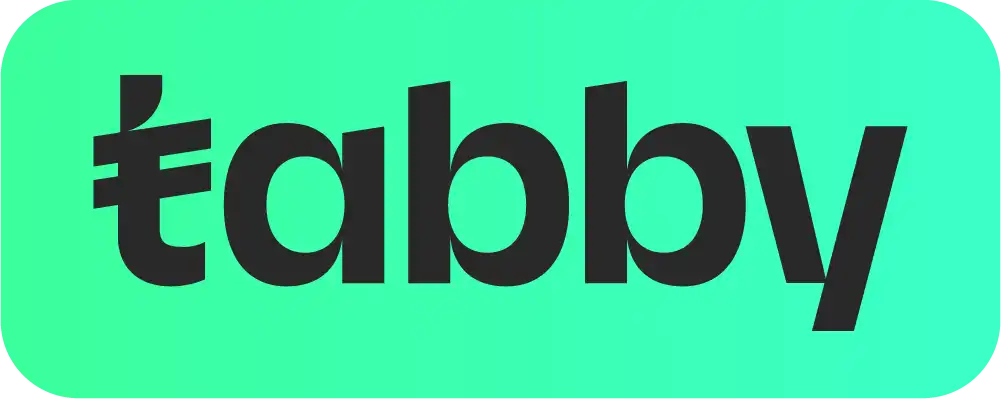In today’s digital world, programming has become one of the most valuable skills anyone can learn. Whether you are interested in web development, mobile app creation, data science, or cybersecurity, the demand for skilled programmers continues to rise. Switching careers, enhancing your current skills, or starting as a beginner, learning programming can open doors to numerous job opportunities.
- In this comprehensive guide, we will explore:
- The growing demand for programmers in the job market
- How programming classes can help you secure a job
- The best programming languages to learn for employment
- The importance of certifications and portfolios
- How to navigate job applications and interviews
You will have a clear roadmap to turning your coding skills into a rewarding career by the end.
Why Programming Skills Are in High Demand
Technology is evolving rapidly, and companies across all industries need programmers to build and maintain software, automate processes, and secure data. Here are a few key reasons why learning programming is an excellent investment for your career:
1. High Demand for Programmers
Businesses, from startups to multinational corporations, are looking for software developers, web developers, and data scientists to drive innovation.
2. Competitive Salaries
Tech jobs are among the highest-paying careers. Even entry-level programmers can earn impressive salaries, and experienced developers can make six-figure incomes.
3. Career Flexibility
Many programming jobs offer remote work opportunities, giving you the freedom to work from anywhere. Whether you prefer a full-time job, freelancing, or starting your own tech business, programming provides the flexibility to shape your career as you see fit.
4. Job Security
With automation and AI shaping the future, coding skills will always be relevant. Unlike some industries, programming jobs are not just growing, but are expected to grow continuously in the coming decades, providing a sense of security and confidence in your career choice.
5. No Degree Required
Many successful programmers do not have formal degrees. Employers prioritize skills, portfolios, and certifications over traditional education.
How Programming Classes Can Help You Get a Job
Many people assume that learning to code is too difficult or that you need a computer science degree to get a job. The truth is that programming courses can provide the necessary training to land a job—even if you start from scratch. Here is how:
1. Learning In-Demand Technical Skills
Programming courses cover essential languages, frameworks, and tools that employers look for, including:
- Web Development – HTML, CSS, JavaScript, React, Node.js
- Software Development – Java, Python, C++
- Mobile App Development – Swift (iOS), Kotlin (Android)
- Data Science & AI – Python, SQL, TensorFlow
- Cybersecurity – Ethical hacking, network security
Mastering these skills makes you job-ready in various tech industries.
2. Hands-On Projects & Real-World Experience
Most coding classes for beginners include hands-on projects, allowing you to apply your knowledge. Building real-world applications is essential to:
- Gain practical experience
- Build a strong programming portfolio
- Impress potential employers
3. Earning Industry-Recognized Certifications
Completing programming certification courses validates your expertise. Some popular certifications include:
- Java Certification – Proves Java programming proficiency
- Python Certification – Essential for data science and web development
- Web Development Certification – Covers HTML, CSS, JavaScript, and frameworks
- AWS Certified Developer – Demonstrates cloud computing expertise
Certifications help boost credibility and job prospects.
4. Creating a Strong Programming Portfolio
A well-structured portfolio showcases your projects, coding skills, and creativity to employers. It should include:
- Websites or applications you have built
- GitHub projects that demonstrate your coding skills
- Contributions to open-source projects
Employers prefer hiring candidates with hands-on experience over those with just theoretical knowledge.
5. Career Support & Networking
Many programming courses include career guidance, helping students:
- Prepare for technical interviews
- Improve resume writing
- Get connected with industry professionals and recruiters
Joining coding boot camps, hackathons, and online coding communities can also open networking opportunities.
Best Programming Languages to Learn for a Job
Choosing the correct programming language depends on your career goals. Here is a breakdown of the top languages and their job opportunities:
| Programming Language | Best For |
| Python | Web development, Data Science, AI, Automation |
| JavaScript | Frontend and Backend Web Development |
| Java | Mobile App Development, Enterprise Software |
| C++ | Game Development, System Programming |
| SQL | Database Management |
If you are a beginner, Python is an excellent language. It is easy to learn and widely used in different industries.
Job Opportunities
- Software Developer
- Web Developer
- Mobile App Developer
- Data Analyst
- Cybersecurity Analyst
- Game Developer
- Machine Learning Engineer
- Freelance Programmer
Steps to Get a Job After Learning Programming
Learning to code is just the beginning. Follow these steps to transition into a programming career:
1. Choose a Programming Specialization
Decide whether you want to focus on web development, software engineering, data science, cybersecurity, or mobile apps.
2. Take Programming Courses
Enroll in structured courses online, at a local training centre, or in a coding boot camp. Ensure the course includes hands-on projects and certifications.
3. Work on Real-World Projects
Apply your skills by building applications, contributing to open-source projects, or freelancing.
4. Build a Strong Portfolio & Resume
- Showcase your best projects
- Upload code to GitHub
- Create a personal website to display your work
5. Earn Certifications
Get certified in key programming languages to boost your resume.
6. Apply for Jobs & Internships
Start with internships, entry-level jobs, and freelancing gigs to gain experience.
7. Prepare for Technical Interviews
Practice coding challenges on LeetCode, CodeSignal, or HackerRank to get comfortable with algorithmic problems.
How Long Does It Take to Get a Job?
The timeline to land a programming job depends on your learning pace and dedication:
- Complete beginner → 6–12 months
- Bootcamp graduate → 3–6 months
- Self-taught learner → 6–18 months
Most people can land their first job within a year with consistent learning, hands-on projects, and networking.
Common Challenges and How to Overcome Them
- Lack of Experience → Build personal projects, contribute to open-source
- Struggling with Job Applications → Tailor your resume & practice interviews
- Imposter Syndrome → Remember that all developers started as beginners!
Final Thoughts: Can You Get a Job After Programming Classes?
Absolutely! By choosing the correct programming language, gaining hands-on experience, earning certifications, and building a portfolio, you can secure a job in software development, web development, data science, cybersecurity, and more.
At Learnovate Training Center, we offer comprehensive programming courses that equip students with the skills, projects, and career support needed to land high-paying tech jobs.
Start your coding journey today and take the first step toward an exciting career in technology!













